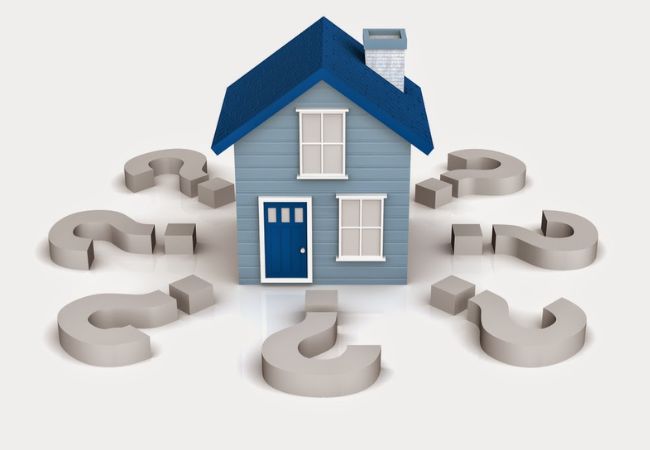Not doing enough research
Explore the neighborhood in which the apartment is located. Consider considerations such as safety, schools, amenities, public transit, and proximity to work or other vital destinations. Investigate the building and the individual apartment you’re interested in. Check for any red flags, such as maintenance difficulties, construction violations, or previous litigation. Take note of the unit’s size, layout, and condition. Examine your finance alternatives, including loans, down payments, and closing expenses. Make sure you understand your budget and the whole cost of purchasing the flat. Investigate the local real estate market to learn about current trends, pricing, and inventory. This might help you make a competitive offer and negotiate a reasonable price. Investigate any planned or proposed development in the region. Varma Homes provides the finest solutions on all of your questions.
Ignoring hidden costs
Attorney expenses, title search fees, appraisal fees, and transfer taxes are all examples of closing costs. These expenses can add up to thousands of dollars and should be budgeted for. Maintenance, facilities, and other services will almost certainly need monthly or yearly costs. Be certain you understand the total cost of these fees as well as what they cover. Property taxes might vary depending on where you live and can drastically increase your monthly loan payment. Be sure you understand the local property tax rate and how it will affect your budget. Utility rates vary by area and might increase your monthly spending. Make sure you are aware of the average utility prices in the region and add them into your calculations. You will be responsible for your apartment’s repairs and maintenance. Create a budget for these expenses and include them in your overall financial strategy. You may prevent surprises and have a realistic budget for homeownership by checking for hidden fees before purchasing an apartment.
Not considering resale value
Even if you want to live in the apartment for many years, you never know what events in your life may occur that will necessitate the sale of the property sooner than intended. You may preserve your investment in real estate by considering resale value when purchasing an apartment. You want to ensure that the property’s worth will increase rather than decrease over time. When you consider the resale value, you are more likely to make better decisions about the apartment’s location, size, and amenities. You should select a house that will appeal to a diverse range of purchasers, not simply your own particular preferences. You will have greater freedom if you need to sell the home sooner than intended if you choose an apartment with a high resale value. You will be able to sell the home faster and for a greater price, allowing you to move on to the next opportunity. If you want to rent out the flat in the future, taking resale value into account might help you earn a higher return on your investment. A higher resale value home will be more appealing to potential tenants, allowing you to charge greater rent and create more cash.
Not getting a professional inspection
When purchasing an apartment, skipping a professional inspection might be an expensive error. A professional inspection is an important component of the home-buying process since it may help you detect possible issues with the property before making an offer. A professional inspection may assist in identifying possible apartment problems such as structural concerns, electrical issues, plumbing issues, and mold or insect infestations. This data can assist you in making an educated choice about whether or not to purchase the property. You can bargain with the seller to have repairs fixed or to decrease the price of the home if you notice possible concerns early on. This can save you money in the long term and keep you from incurring unforeseen charges. An expert inspection can provide you peace of mind by providing you with a thorough picture of the property’s condition. You may be certain that you are making an educated selection and that there will be no unpleasant surprises once you close on the property. This also aids in the planning of future maintenance and repairs. Understanding the property’s state allows you to budget for future expenditures and prioritise repairs depending on their urgency.
Rushing the decision
Making a hasty selection might result in buyer’s regret. You could discover too late that the property isn’t a good fit for you, or that you passed up a better chance. If you make a hasty selection, you may lose out on alternative properties that are a better fit for you. Take the time to investigate many choices and weigh the benefits and drawbacks of each property. If you make a hasty judgement, you may overlook possible issues with the property. When making an offer, it is critical to properly inspect the property and check all essential documentation. Overspending might also result from rushing the choice. Spend time researching the local real estate market and determining the worth of comparable properties.

Leave a Reply